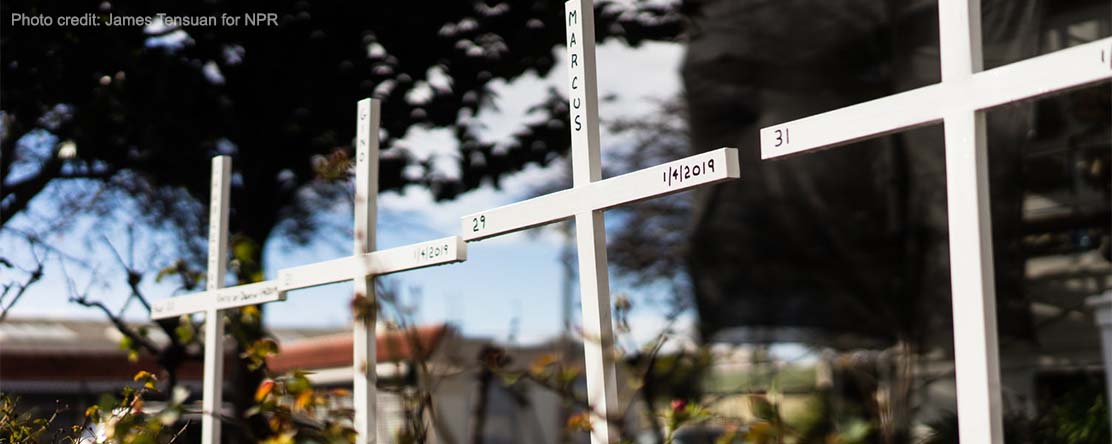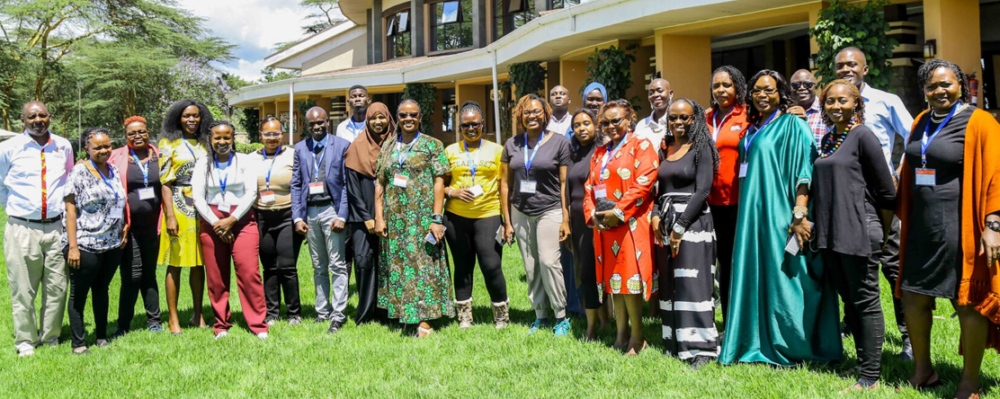
In the News
Far From Parkland Spotlight, Teens In East Oakland Want To Tell Their Stories
-
Focus Areas
Healthy Communities -
Issues
Violence Prevention -
Programs
Berkeley Media Studies Group

As the nation marks one year since the Parkland school shooting, many Americans are thinking about how the conversation about kids and gun violence has shifted.
In the weeks and months after a gunman killed 17 people at Marjory Stoneman Douglas High School in Parkland, Fla., students took to the streets and the airwaves to call for fundamental change in America’s gun laws. Stoneman Douglas students and students nationwide rallied in an effort to prevent that kind of massacre from happening again.
And so far in 2019, according to an analysis by Pacific Standard, the 116th Congress has already introduced 33 gun control bills, a number not seen since the aftermath of the Sandy Hook shooting.
But for some young people, a year’s attention on events like Parkland hasn’t turned into the attention they’re asking for: a spotlight on the everyday gun violence they experience in their neighborhoods.
“We might not see all of our friends die at the same time, but we’re definitely seeing people fade away to the same fate, just on multiple occasions,” says Gabriel Patten, 18, a student at Castlemont High School in East Oakland, Calif. “You’re like, I just hope I make the right decisions today.”
Originally published by NPR
More Updates
Work With Us
You change the world. We do the rest. Explore fiscal sponsorship at PHI.
Support Us
Together, we can accelerate our response to public health’s most critical issues.
Find Employment
Begin your career at the Public Health Institute.



